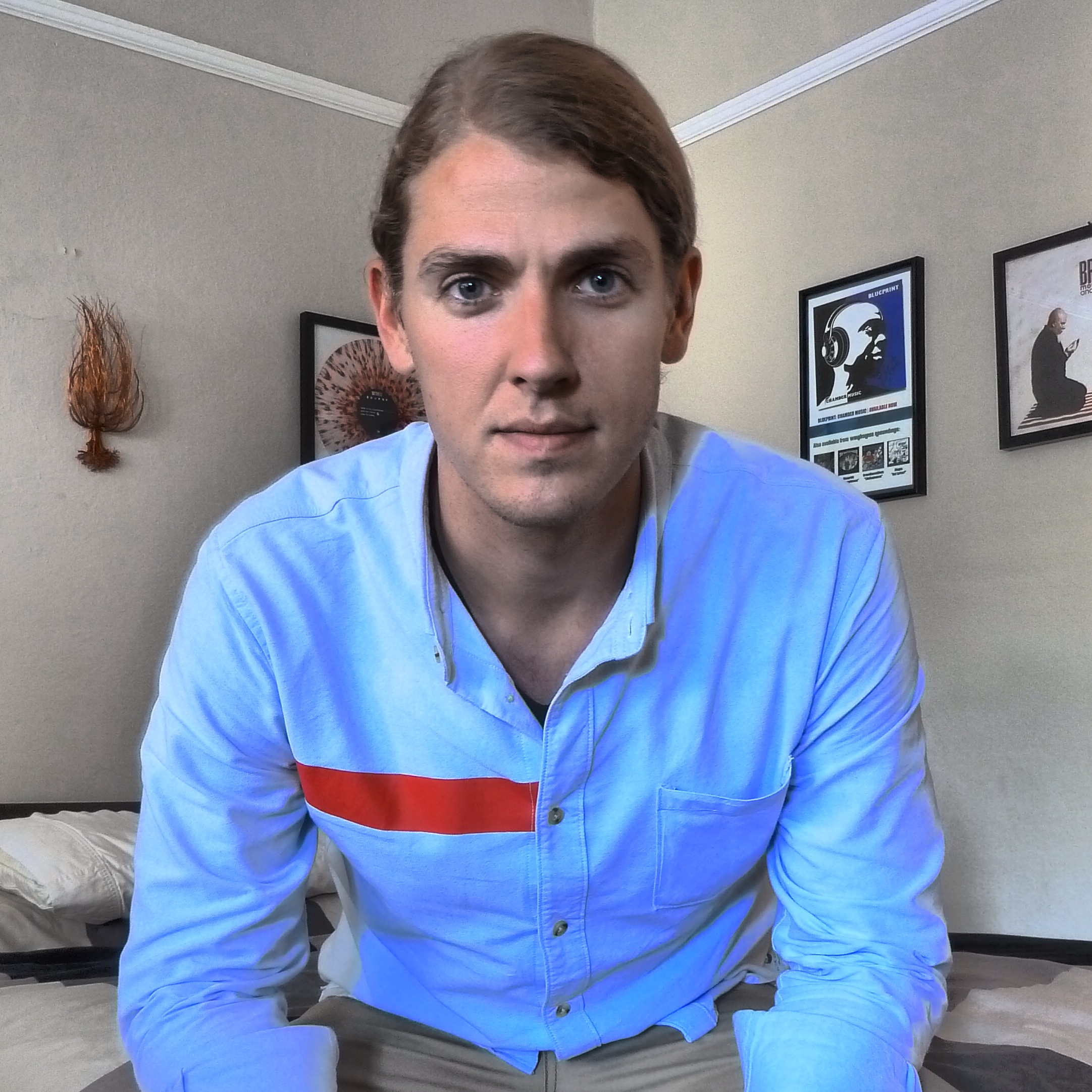TWO THOUSAND MILES RUNNING — ANTHONY MARTIN
/Bombs don’t drop here, to answer your question. Only on television. You know those white heat signatures on green computer screens they show sometimes? That way. I doubt anyone will be after you like that. Not like home.
People die in this country, sure. In the projects and in cars and in plane crashes. It just doesn’t happen in houses set aflame by bombs that drop in from the clouds or from rockets or anything like that. And when that does happen it’s somewhere else and people don’t seem to care very long, you know? Not when it’s all so far away. They have a word for it here. Collateral, I think it is.
It seems unsure now but you’ll adjust. This country gives you space for that, usually, as long as you don’t get mixed up. It’s one of its good colors that you’ll come to appreciate. Believe me. I know.
There was some guided missile that made collateral of my family and a few neighbors once. It’s why you found me here in this grimy bar. The blast sent me running for two thousand miles in the opposite direction at a dead sprint and I came straight here, I swear. And it happened when I wasn’t looking, can you believe it? What are the chances of that? I bet papa was looking though, in that final instant before the flash and the boom and the separation of particles.
Ever wonder about that? About what they see? I always pictured clenched teeth painted cartoonish like. Or a slender white girl posing pretty, like in the old movies. It happens too quickly for any of that, I hope. It’s got to. For my sister’s sake.
I was at the market looking at plums, squeezing them in my hand to check for ripeness. My friend from the apartment block was with me and we were talking football. God she could play. She’d put it in the back of the net easy from eighteen yards and all the kids feared it when she turned up for games. We locked eyes for a good twenty seconds after the heat of the explosion reached us, two kids frozen in that warp-speed tunnel where changes happen or they don’t happen but you’re locked up inside just the same. Never saw her again after that. She took off running like me and I’m not sure where she ended up after she stopped. It’s better that way, I think.
Anyway I’m glad you made it out of there and over and that we met. Really. It’s still good to talk about it once in a while, just not too frequently and not with anyone who doesn’t know about it. Remember that. But first remember that it’s impolite to turn down a drink. You should already know that. It’s just like home in that way. So bottoms up, as they say here, and try to smile because the bombs only fall on television.
Anthony Martin (@pen_tight) is a mutt whose favorite word is subtext. His work appears, or is forthcoming, in WhiskeyPaper, Mojave River Review, pacificREVIEW and Lunch Ticket.










